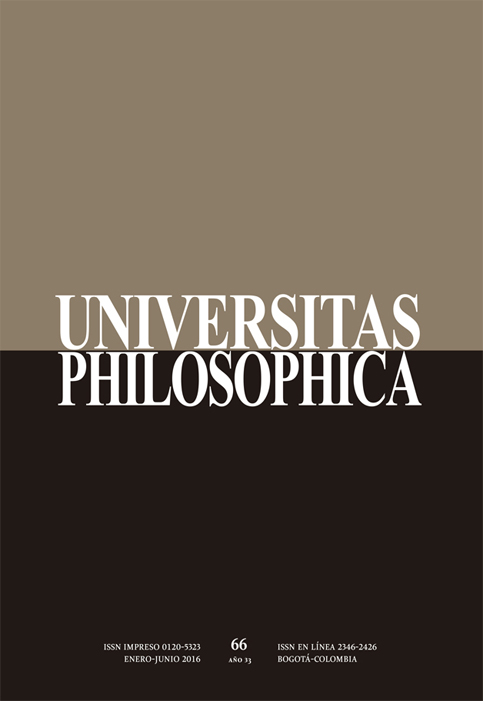Abstract
With the beginning of the XXth century in Germany prevailed a common ideology based on the reject of Western rationalism. It was seen an ineffective instrument to understand ancient civilizations (Greek culture, according to Nietzsche’s point of view that W. F. Otto assumed, and monumental civilizations researched by Spengler) and traditional or “primitive” civilizations (Frobenius, like researcher in African cultures). Therefore, one felt the need of a different form of understanding based on intuitive abilities, on an emotional involvement. However, in order to apply positively this view and to gain an effective awareness of the other (the “you”, writes exactly Frobenius), one realized that it was necessary “to be” the other, to get into him, to be grabbed (ergreifen) by his world and abdicate the central role of the self, Western or maybe human.
This journal is registered under a Creative Commons Attribution 4.0 International Public License. Thus, this work may be reproduced, distributed, and publicly shared in digital format, as long as the names of the authors and Pontificia Universidad Javeriana are acknowledged. Others are allowed to quote, adapt, transform, auto-archive, republish, and create based on this material, for any purpose (even commercial ones), provided the authorship is duly acknowledged, a link to the original work is provided, and it is specified if changes have been made. Pontificia Universidad Javeriana does not hold the rights of published works and the authors are solely responsible for the contents of their works; they keep the moral, intellectual, privacy, and publicity rights.
Approving the intervention of the work (review, copy-editing, translation, layout) and the following outreach, are granted through an use license and not through an assignment of rights. This means the journal and Pontificia Universidad Javeriana cannot be held responsible for any ethical malpractice by the authors. As a consequence of the protection granted by the use license, the journal is not required to publish recantations or modify information already published, unless the errata stems from the editorial management process. Publishing contents in this journal does not generate royalties for contributors.


